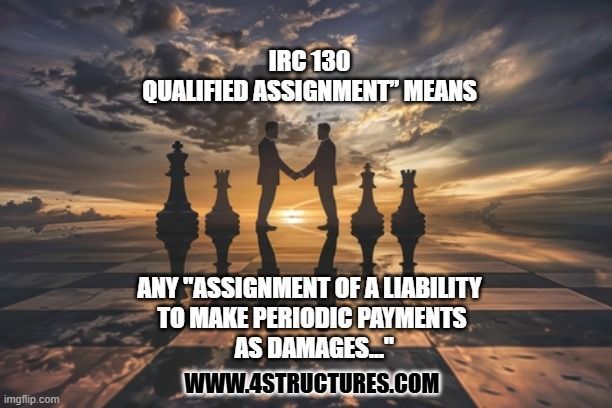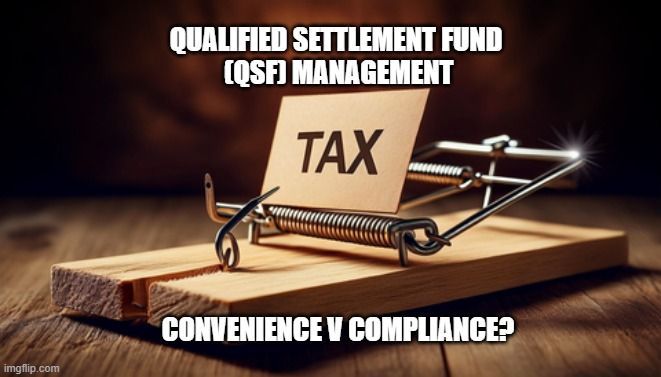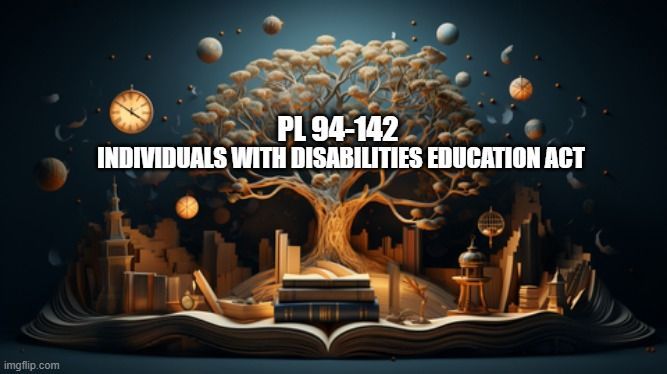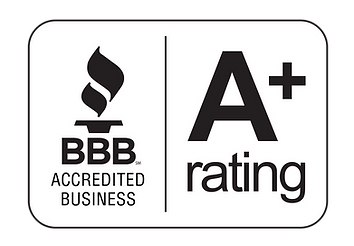Settlement Agreement Language to Protect Annuitants from Abuse
Mitigate bad structured settlement secondary market outcomes

Help avoid bad secondary market outcomes. Consider this protection clause for structured settlement agreements. Greenwich CT lawyer Eddie Stone, who often goes up against factoring companies, suggests some language that he says should be inserted in settlement documents to better protect structured settlement annuitants.
"You do this by stating, ‘Neither the beneficiary of this structured settlement nor any other assignee shall have the power to assign the periodic payments to any third party without a genuine hardship and even then only with the advice of counsel. Any purported assignment in violation of this provision shall be void ab initio. This provision has been inserted at the insistence of plaintiff’s counsel to protect the periodic payments described in the structured settlement agreement from dissipation.”
Stone, who is a supporter of structured settlements and says "Structured settlements are an excellent way to ensure long-term financial stability. But there are bad apples in every industry. Accident victims and their attorneys must protect themselves".
Eddie Stone is quoted from an article by H. Dennis Beaver, Esq, an attorney from Bakersfield California published by Kiplingers painting a dire picture of the bad apples of the structured settlement secondary market.
"We have all seen television, radio or internet ads which urge cashing in structured settlements. There are times when it makes sense to sell a small part of the structured settlement payment stream, but what I find so cruel are companies that buy every last dollar from someone with serious injuries, very poor judgment, and little or no financial experience who then winds up as a ward of the state.
"Families need to always keep in mind that the structured settlement was created to provide a stream of tax-free payments over many years to help the injury victim live as normal a life as possible. It was not intended to help someone with no business experience, who has had serious injuries and possible mental impairment, put that secure tax-free income stream at risk in a business venture.”
Settlement Planners, Who Led the Charge For the "Right to Factor" in Settlement Documents Should Adjust Their Focus
In my opinion, settlement planners, led by failed AIG antagonist Richard B. Risk, Jr. who led the charge in 2003, to add "IRC 5891 enabling language" to somehow protect an annuitant's right to factor (and reduce malpractice exposure to plaintiff attorneys, to the point where it is now standard language in settlement documents and qualified assignments), must now shift the focus to better advise and protect their clients in light of a reality of massive rip offs. Some have recommended that annuities be paid into trusts to accomplish the protection.
Here's an excerpt from how Risk stated his case in an SSP QuickTopic communication from March 3, 2003 (preserved copy on file)
"10/09/2005
Dick Risk 03-03-2003 07:46 PM ET (US)
SSP Press Release 2 - QuickTopic Document Review Page 5 of 10
http://www.quicktopic.com/19/D/dytdpCAFxHckn?inline=1 10/9/2005
1. Notifying claimants of their structured settlement rights;
14
2. Complying with all federal and state laws impacting structured settlement claimants;
15
3. Supporting the public policy behind structured settlements.
16
This would include, as a minimum:
1) Every (qualified) assignment company has a duty to inform every payee of new rights under section 5891. (I suspect
many of the(qualified) assignees take the position that there were no new rights granted if the contract prohibits the sale
of future payments.)
2) Acknowledging the rights granted by 5891 in the settlement agreement and in the "uniform" QA documents".
"Protect Them By having Structured Settlement Paid Into a Trust"?
While structured settlements into trusts might be a viable solution depending on the circumstances, it might add significant costs depending on the trust company, which may render the structure/trust combination solution less suitable.
California Attorney Notification Rule
Attorney Stone's suggestion is of the same mind as the California law which requires that the plaintiff lawyer of record be notified of any attempt to sell structured settlement payment rights within 5 years of the establishment of a structured settlement.















